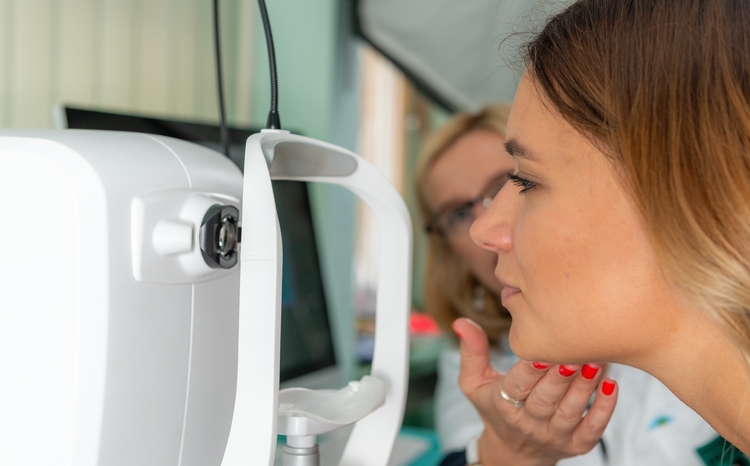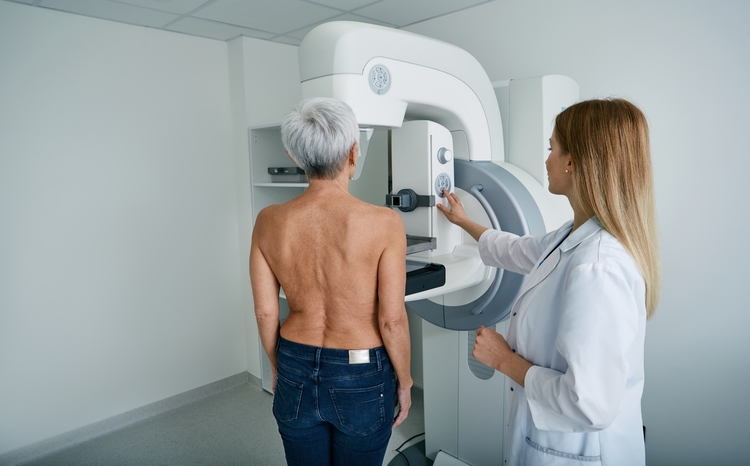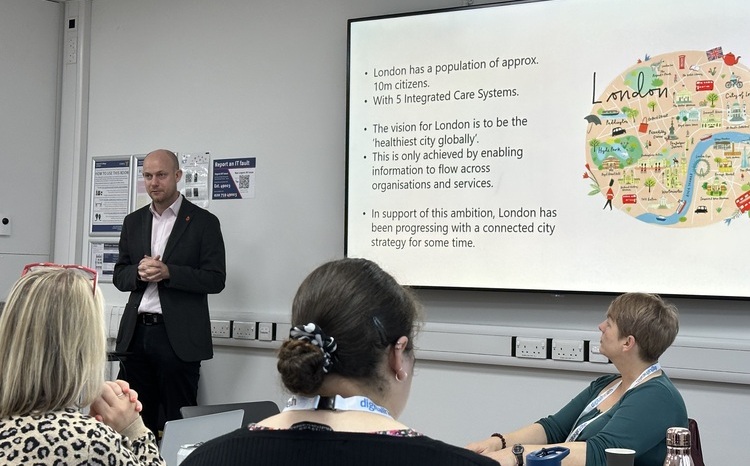Mobile health and apps news in brief

The first mobile health and apps news in brief of 2018 includes details on the apps being developed as part of the latest phase of NHS England’s clinical entrepreneur programme, a survey revealing anxiety about sharing data with health technology companies, and the continuing growth of health apps.
NHS England supports apps from clinical entrepreneurs
NHS England has selected 138 people to be part of its latest cohort of clinical entrepreneurs, who will each design and deliver new technological solutions and innovations in healthcare.
Innovations which being supported by the programme include a voice controlled data collection app for people with sickle cell. The idea it is will monitor their health, including their heart rate, pain score and medication log every day.
Another innovation backed by the programme is the Allergy Assist App which aims to help allergy sufferers come together to share information and support on their condition and treatment.
The clinical entrepreneur programme was first launched in 2016, and offers education and mentoring support from leading medical technology experts.
Survey reveals scepticism about health apps accessing records
A survey of more than 2,000 people found a significant proportion had concerns about sharing their health data via apps.
In the research, carried out by PwC, 80% of respondents said health apps should also not be allowed to access patient records. A similar number said healthcare tecnhnology should not have such access. And nearly half said they did not trust online health companies or health apps with their data.
The professional services firm also discovered 88% of patients did not know how to access their own health record.
However the survey did reveal an understanding of the value of NHS providers sharing patient data. Some 92% of participants said they were happy for health records to be shared between different parts of the healthcare system.
Diabetes remains the leading therapy field for mobile health solutions
Diabetes remains the leading therapy field for mobile health solutions and offers the best market potential, according to research carried out by German firm Research2Guidance.
The research found that 68% of the mHealth app publishing market is aimed at helping the management of diabetes, followed by those apps which help with weight control which takes up 38% of the market.
Apps aimed at helping those manage depression are also gaining traction, according to the firm.
Research reveals a sharp rise in health app numbers
Meanwhile data from the IQVIA Institute for Human Data Science has revealed the number of health apps available in the market has nearly doubled in two years.
The research showed that the number of mobile health apps has risen to 318,500 with around new 200 apps added to the market every day.
Data showed that while general wellness apps still account for most mobile health apps available, the number of apps focused on health condition management are increasing at a faster rate, representing 40 percent of all health-related apps.
E-signing app targets healthcare
A new e-signing app is aiming to help healthcare professionals as they go paperless.
KeepSolid Sign, produced by US firm KeepSolid, allows users to remotely sign any agreement or contract with just a finger. Its stated aim is to minimise the possibility of misunderstanding and errors.
As well as signing the document, users can also add annotations such as initials, date and notes. Notifications are also sent to users whenever a change is made to the document.
A full version of the app is due to be launched this month, following a free beta.





1 Comments
Digital Health & Literacy aught not to be perceived or limited to solely a narrow view of “causal factors” in common mental health conditions as, stressors are founded in a wide spectrum of biopsychosocial drivers from, the physical to emotion over-exposure to stress and strain that inevitably ends in ill-health when the mind and body reaches the point of adaptation exhaustion following, numerous cycles of coping, tolerating and, well meaning attempts at adaptation before, an enforced escape from the stressor/s.
Asthenopia, CVS or DSE Screen Fatigue is an excellent example of the chain of causation leading to impaired function, performance anxiety in the workplace due to the debilitating symptoms resulting in presenteeism and lost productivity along with either, work-stress related mental ill-health and/or work related upper limb / muscular skeletal disorders.
So, ‘for the sake of a hose-shoe’ oh sorry, for the sake of just adapting, customising and/or optimising the individual DSE user operators screen ergonomics employers continue to ignore or be in denial of the 20% lost productivity (1 day in 5) regardless of the predictable negative occupational health impact on their employees.
Comments are closed.